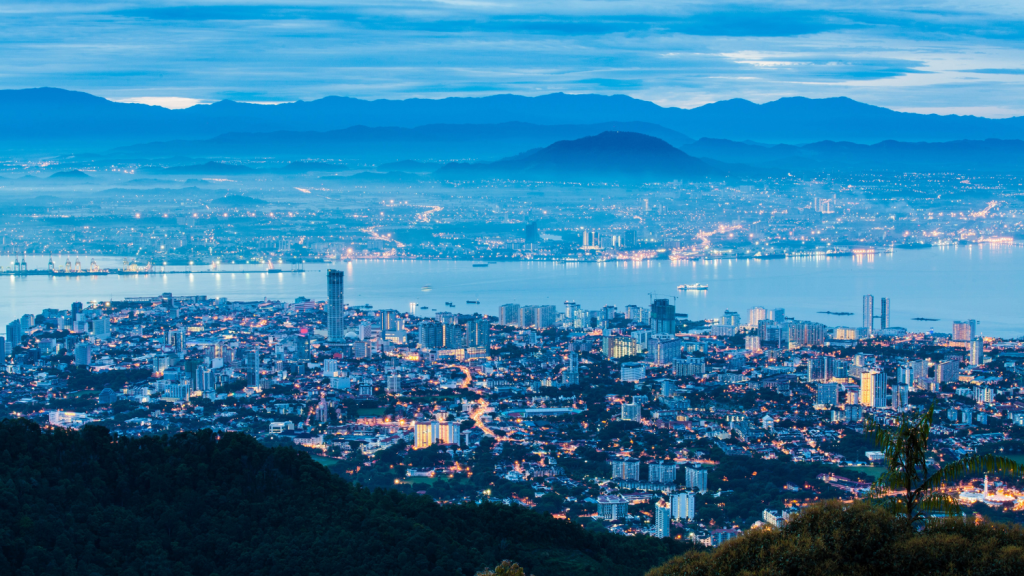
Photo credit: Canva
Penang’s water resilience strategy took a major leap forward with the recent successful execution of a large-scale Scheduled Water Supply Interruption (SWSI), which allowed for the completion of 23 critical waterworks projects across nine installations. Spearheaded by the Penang Water Supply Corporation (PBAPP), the SWSI—carried out from April 25 to April 28 2025—restored full water supply to 341,708 consumers across all five districts[1]. Despite the complexity and scale of the effort, PBAPP ensured smooth implementation and rapid recovery through a coordinated deployment of over 850 personnel and extensive support from local and national agencies.
This latest achievement follows earlier announcements by PBAPP regarding four major infrastructure projects in 2024 under its Water Contingency Plan 2030 (WCP 2030). These include Package 12A at the Sungai Dua Water Treatment Plant, a 13km pipeline to Butterworth, a 3.9km pipeline on Penang Island, and the Sungai Perai River-Crossing Pipeline. With a total investment of RM220 million, these initiatives are designed to meet Penang’s increasing water demand, reduce future disruptions, and replace aging infrastructure such as the burst underwater pipes at Sungai Perai[2].
The successful implementation of both the WCP 2030 projects and the April SWSI reflects Penang’s proactive approach to infrastructure management. As Chief Minister Chow Kon Yeow noted, leveraging the scheduled shutdown to carry out multiple projects simultaneously minimised future interruptions and enhanced system efficiency. The Sungai Perai Crossing Pipeline (SRRCP) alone costs RM8.7 million and is part of a broader strategy to modernise and future-proof Penang’s water delivery network[3].
While these developments may seem purely technical, their significance extends to Penang’s socio-economic landscape. Reliable and efficient infrastructure is foundational to the growth of creative industries, digital services, and niche businesses. These sectors thrive in urban ecosystems that are stable, well-planned, and responsive to disruptions. Whether it is a boutique design firm, a video production studio, or a digital learning startup, uninterrupted utilities—especially water—are essential for day-to-day operations.
Moreover, under the Penang2030 vision of becoming a green and smart state, such projects reflect a commitment to sustainability, efficiency, and inclusive development. The combined efforts of PBAPP, local authorities, state leaders, and neighbouring water operators also signal a culture of collaboration and preparedness, which enhances investor confidence.
In sum, PBAPP’s ongoing upgrades and the successful completion of the SWSI mark not just a win for public utilities, but a strategic move toward building a resilient environment where innovation, creativity, and niche economic activities can flourish. Beyond business, these developments also reinforce the social fabric by ensuring that households, schools, and communities enjoy uninterrupted access to clean water—an essential foundation for daily life, public health, and community well-being.
- Riadz, A. (2024). Penang’s SWSI a success! Buletin Mutiara, May 16–31.
https://www.buletinmutiara.com/download/2025/BuletinMutiaraMay22025-MIX.pdf ↩ - Tan, C. (2024). Major water supply projects to meet rising demand. Buletin Mutiara, June 27.
https://www.buletinmutiara.com/major-water-supply-projects-to-meet-rising-demand/ ↩ - See Footnote 1. ↩
